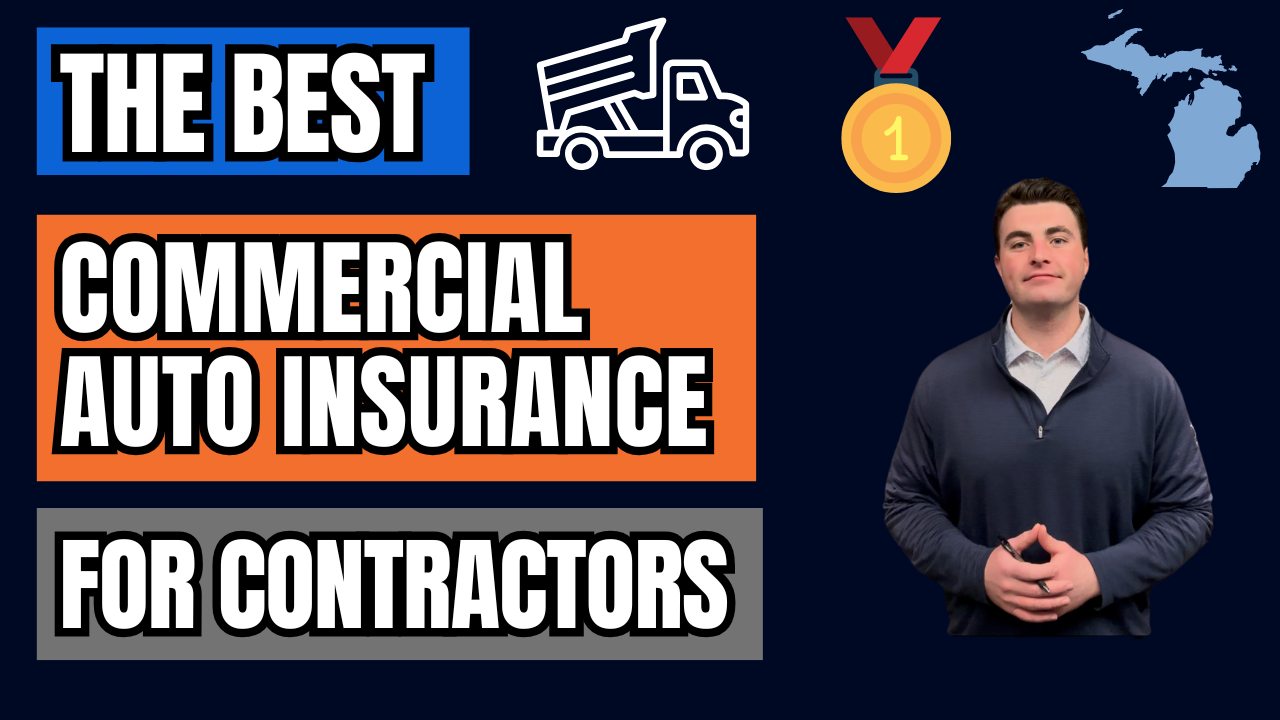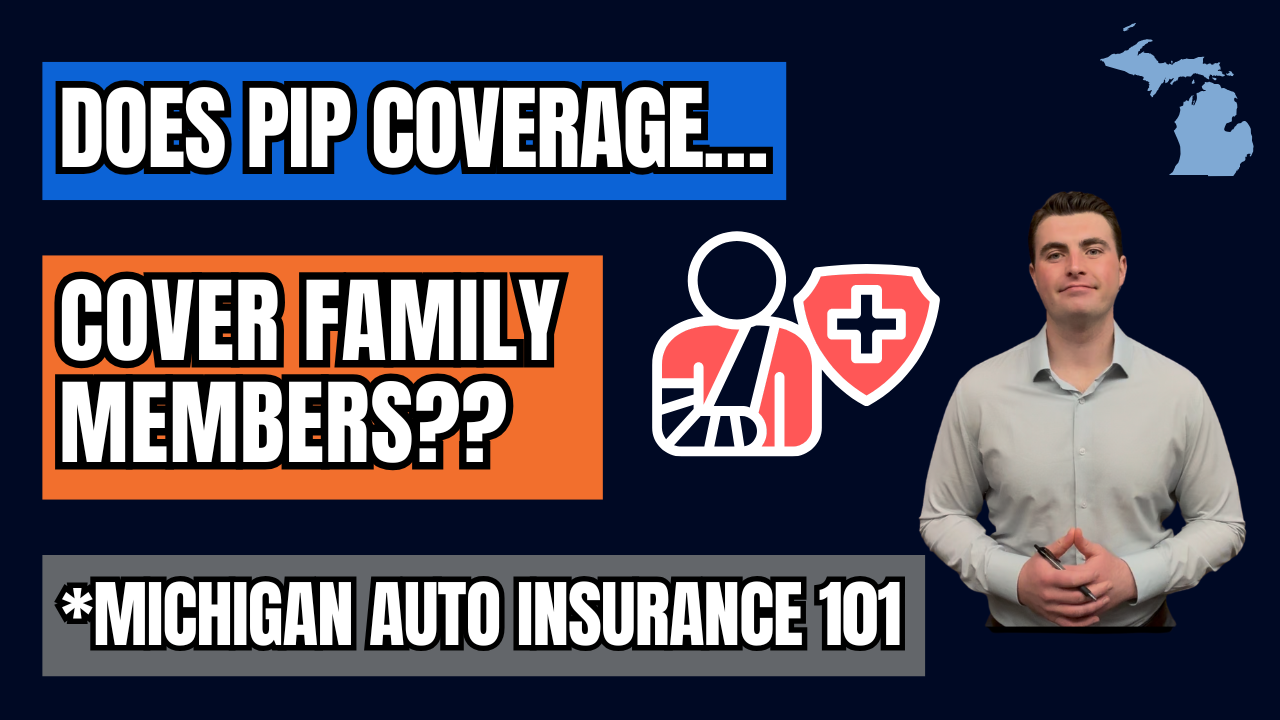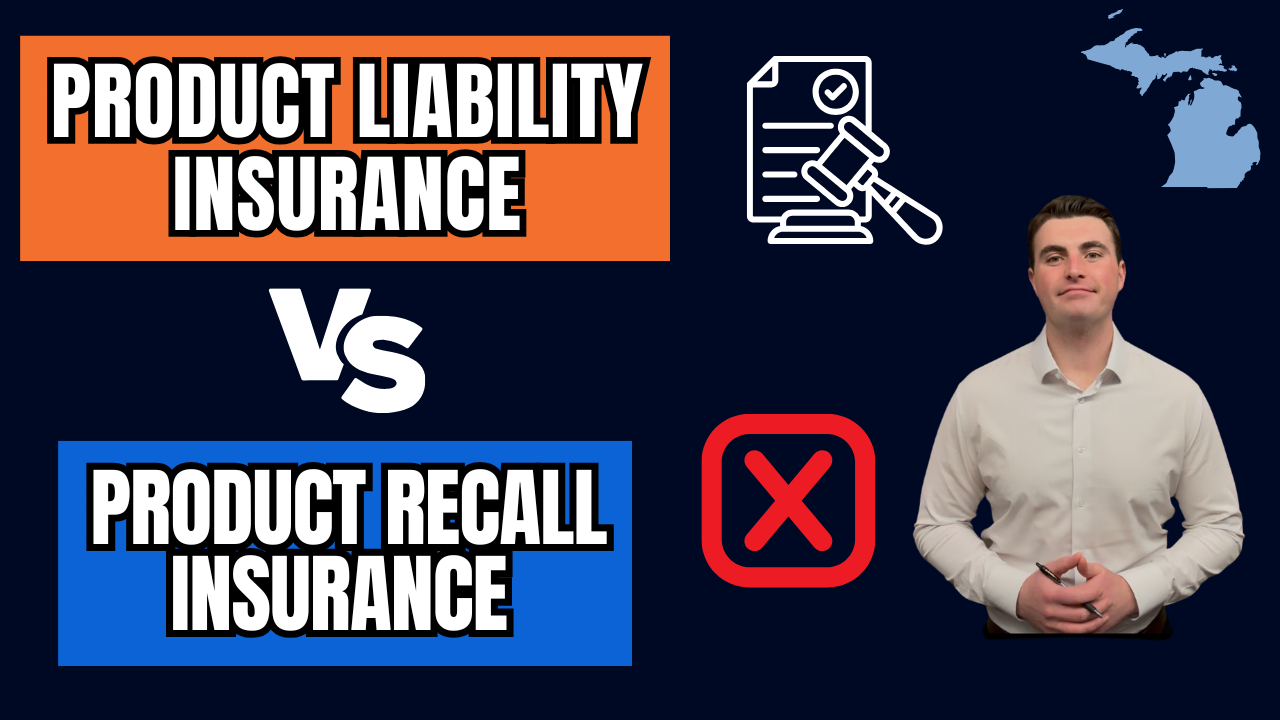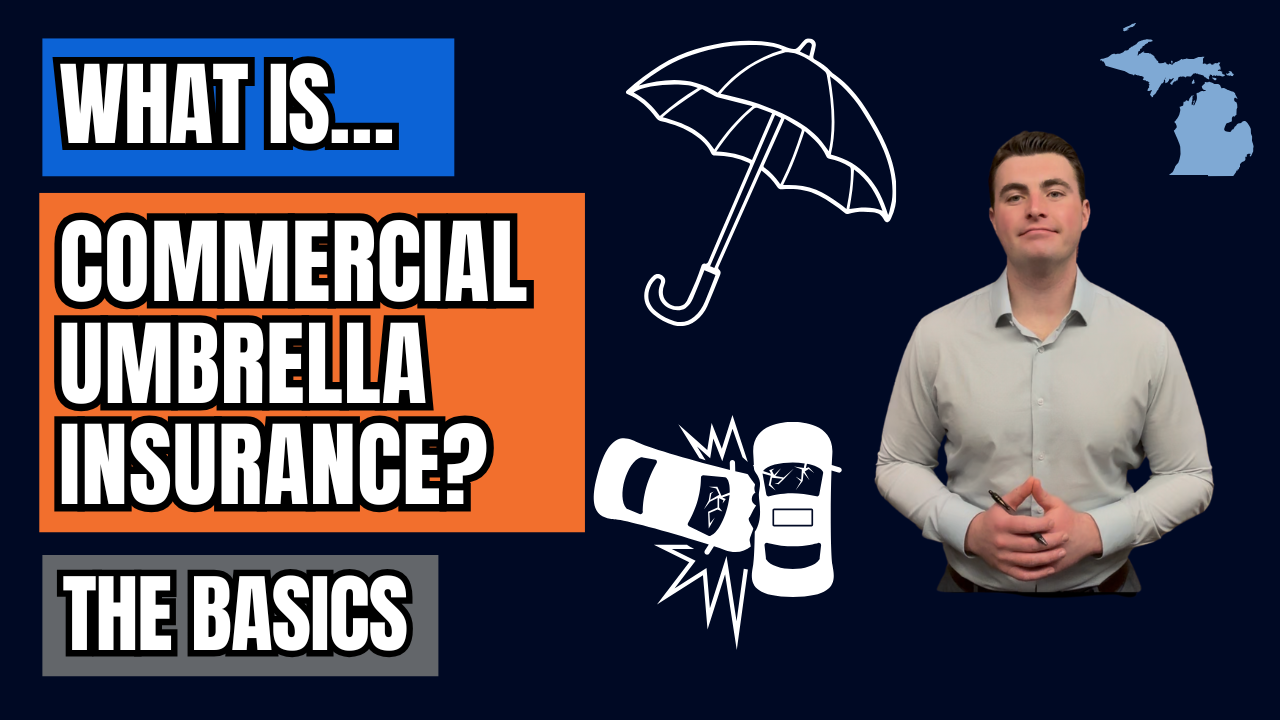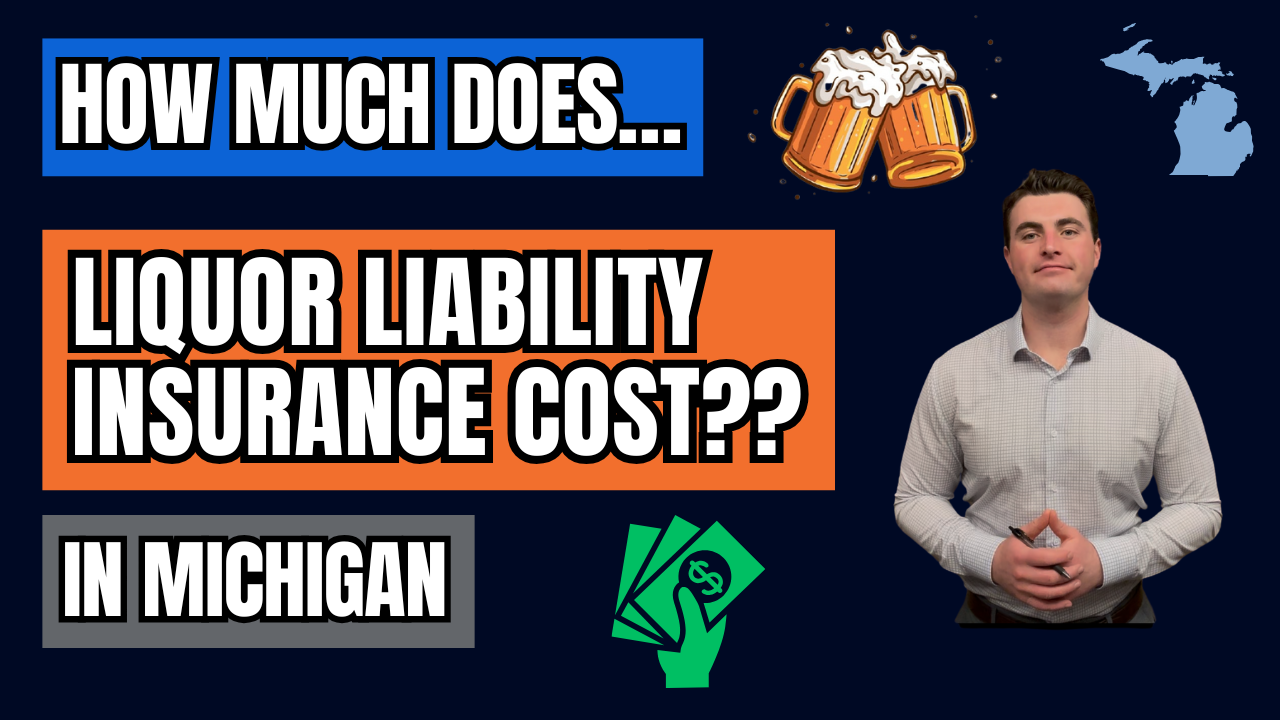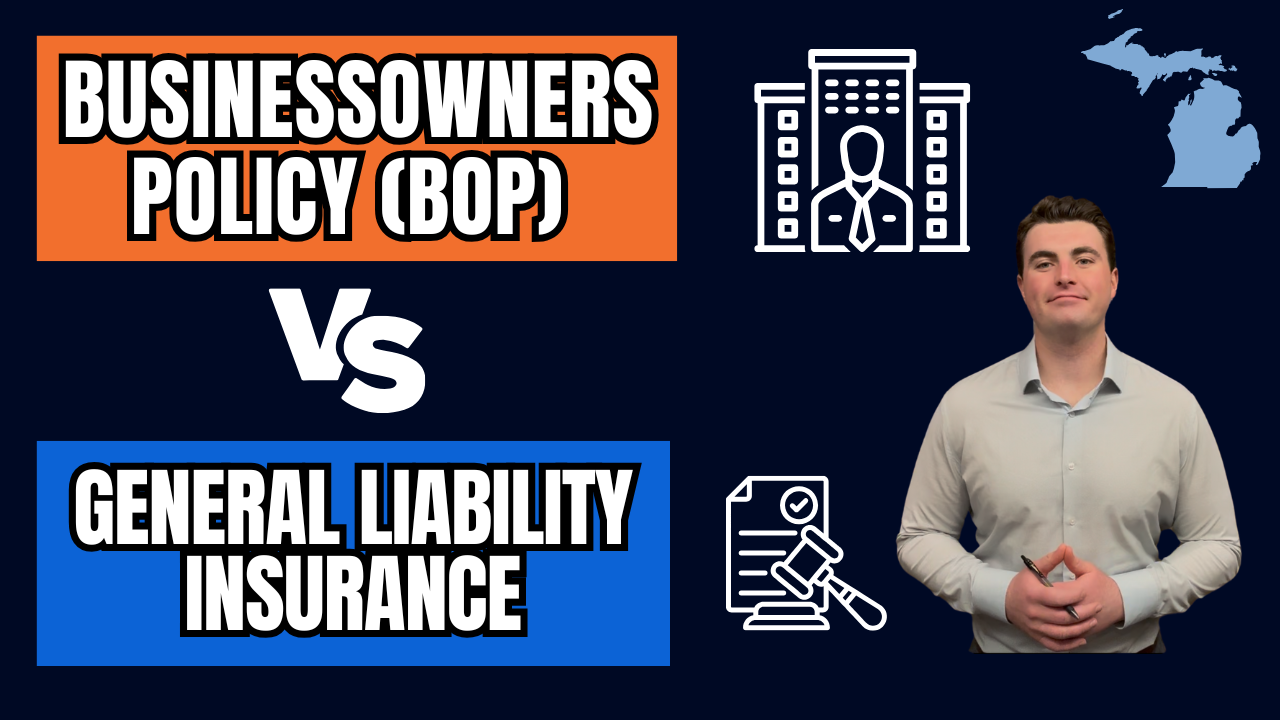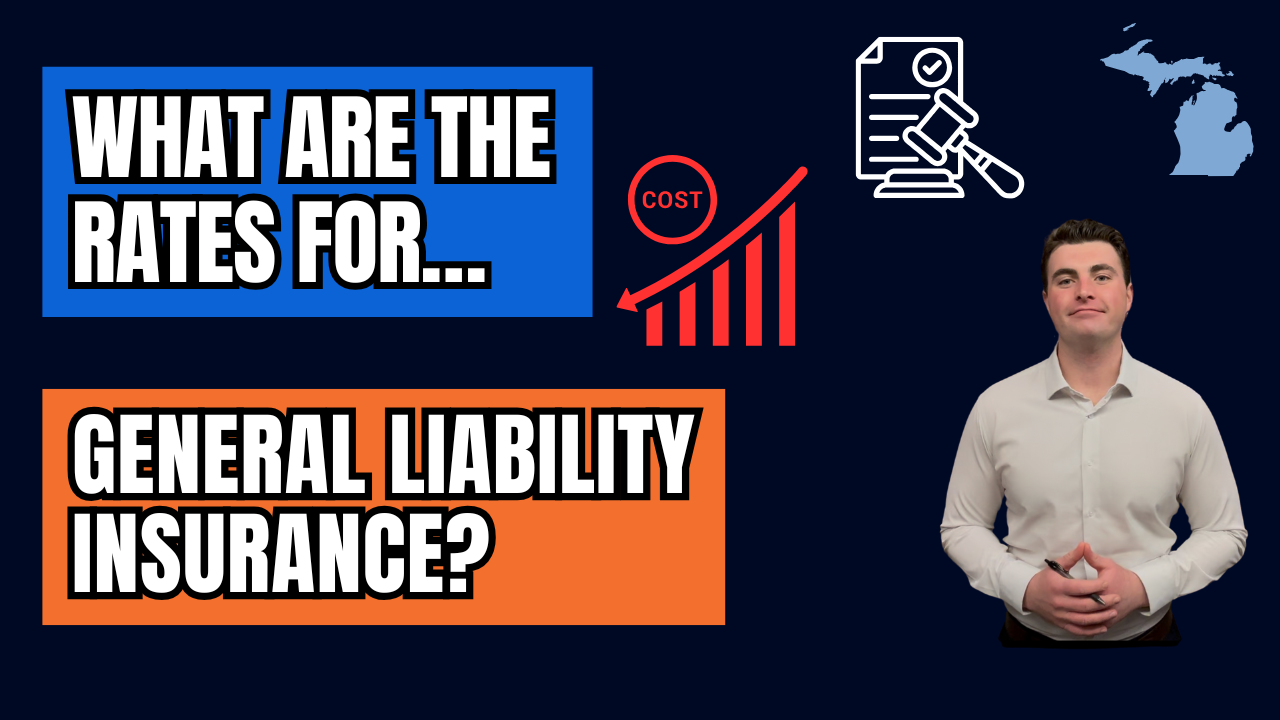What is a Workers Compensation Insurance Audit?
Michigan Workers Compensation Insurance:
What is a Workers Compensation Insurance Audit?
If your business has workers compensation insurance, you’ll eventually go through a workers compensation insurance audit.
This process ensures that your workers comp premium accurately reflects your payroll, job classifications, and overall level of risk.
Many business owners don’t realize that their workers comp premiums are based on estimated payroll at the start of the policy period.
The audit is the insurance company’s way of verifying the actual numbers and making adjustments if necessary.
Here’s what you need to know about workers compensation audits in Michigan, how they work, and how to make the process go smoothly.
What is a Workers Compensation Insurance Audit?
A workers’ compensation insurance audit is a standard review conducted by your insurance company to ensure that your premium is based on actual payroll and job classifications rather than estimates.
This process involves reviewing your payroll records, employee job descriptions, and other relevant documentation.
At the start of your policy term, your insurance premium is calculated based on projected payroll figures.
However, as the year progresses, your payroll may fluctuate due to hiring, layoffs, or changes in job duties.
The insurance company conducts an audit at the end of the policy period to reconcile any differences and adjust the premium accordingly.
What Happens During a Workers Compensation Insurance Audit?
The workers’ compensation audit process follows a few key steps:
1. Notification & Scheduling
The insurance company will notify you of the audit and schedule an appointment. Depending on the insurer, the audit may be conducted in one of three ways:
- On-Site Audit – An auditor visits your business to review records in person.
- Remote/Phone Audit – The auditor requests documentation, and you discuss details over the phone.
- Self-Audit – The insurance company provides a form for you to complete and return with supporting documents.
During this notification phase, the insurance company will also let you know what documents they need, such as:
- Payroll records
- Employee job descriptions
- Tax forms (e.g., 941s or state unemployment reports)
- Independent contractor payments (if applicable)
2. The Audit Appointment
Once the audit is scheduled, you’ll meet with the auditor (either in person or remotely) to go over the requested information. This is an opportunity to ensure that your job classifications and payroll figures are correctly reported.
- If a classification seems incorrect, ask about it! Mistakes in job coding can impact your premium significantly.
- If a role changed during the year, clarify how duties evolved. Sometimes, job responsibilities shift, and it’s essential that they are categorized correctly.
- If you use subcontractors, be sure to provide certificates of insurance. Otherwise, uninsured contractors may be included in your payroll calculations.
3. Audit Results & Premium Adjustment
After reviewing your records, the insurance company will recalculate your premium based on actual payroll numbers and job classifications.
- If payroll was higher than estimated, you may owe additional premium.
- If payroll was lower than estimated, you may receive a refund or a credit for the next policy term.
For example:
- If your business grew and you hired more employees, your premium may increase because there’s more payroll exposure.
- If you had a slow year and had to lay off employees, you might receive a refund for overestimated payroll.
How to Make the Workers Compensation Insurance Audit Process Go Smoothly
Workers' comp audits don’t have to be stressful. Here are three tips to streamline the process and avoid surprises:
1. Be Prepared & Keep Accurate Records
- Maintain up-to-date payroll reports, tax documents, and employee job descriptions.
- Track any changes in job duties throughout the year to avoid misclassification.
- Keep a clear record of independent contractors and subcontractors, along with their insurance certificates.
2. Have All Documents Ready for the Appointment
- Organize payroll records, tax forms, and other requested materials before the audit.
- Ensure that all employee classifications are accurate and documented properly.
- If you’re missing documents, reach out to your payroll provider or accountant in advance.
3. Communicate & Ask Questions
- If something is unclear, ask the auditor for clarification.
- If a job classification seems incorrect, discuss it and provide supporting information.
- If you believe your premium adjustment is incorrect, challenge the results and provide additional documentation if needed.
Final Thoughts
A workers compensation insurance audit ensures that your business is paying the correct premium based on actual payroll figures.
Being prepared, keeping accurate records, and communicating with the auditor can make the process simple and stress-free.
If you have questions about your Michigan workers compensation insurance audit or want to ensure you’re getting the best coverage at the best price, reach out to a knowledgeable insurance professional.
Being proactive can help you avoid unexpected costs and ensure your business is properly protected.
Contact Us
We will get back to you as soon as possible.
Please try again later.
